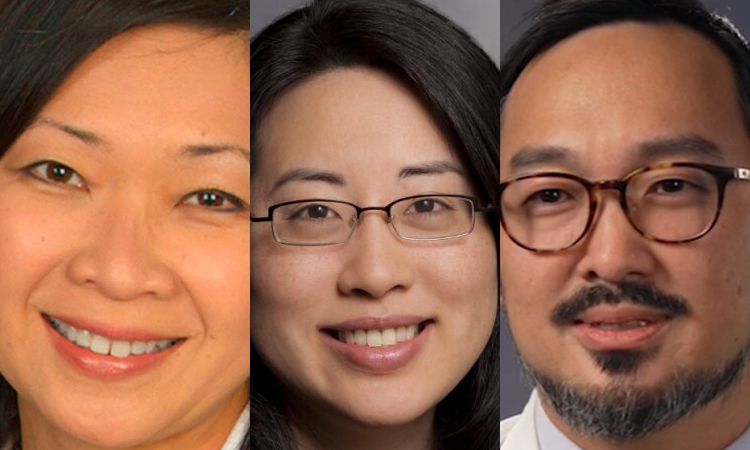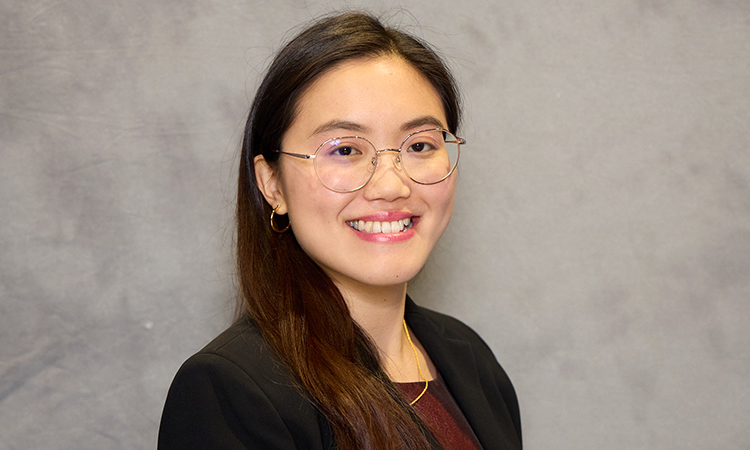Kaiser Permanente Bernard J. Tyson School of Medicine (KPSOM) faculty members will help launch a new cancer screening research network through Kaiser Permanente in Northern California and the National Cancer Institute (NCI), it was recently announced.
The NCI, part of the National Institutes of Health, selected Kaiser Permanente as one of the institutions in a new national clinical trials network to evaluate emerging technologies for cancer screening, with the goal of reducing cancer-related illnesses and deaths.
The Cancer Screening Research Network (CSRN) will support the Biden-Harris Administration’s Cancer Moonshot by investigating how to identify cancers earlier, when they may be treated more effectively. Kaiser Permanente will serve as one of seven funded CSRN Accrual, Enrollment, and Screening Site (ACCESS) hubs that will enroll participants in their geographic and coverage areas. Researchers at KPSOM and Kaiser Permanente locations in Southern California are partnering with Kaiser Permanente in Northern California to establish its ACCESS Hub.
Quyen Ngo-Metzger, MD, MPH, Professor of Health Systems Science, is KPSOM’s primary representative in the study. Other faculty members taking part are Lori C. Sakoda, PhD, MPH, Associate Professor of Health System Science, and Bechien Wu, MD, MPH, Clinical Professor of Clinical Science.
“I am pleased to be a part of a national trial that will examine blood tests intended for the early detection of multiple cancers,” said Dr. Ngo-Metzger. “We hope to recruit a large group of patients with diverse backgrounds and ancestries into a clinical trial funded by the Cancer Screening Research Network of the National Cancer Institute. We look forward to collaborating with physicians and scientists from Kaiser Permanente in Northern California, Southern California, Hawaii, and Colorado and others from across the U.S. in this important effort.”
The CSRN will conduct rigorous multicenter cancer screening trials and studies with large and diverse populations in a variety of healthcare settings that evaluate strategies and approaches for risk-based screening and emerging cancer screening modalities. The first CSRN study will study the effectiveness of multi-cancer detection assays. These tests measure biological signals in body fluids that may be shed by cancer cells from a several cancer types. There are several tests in development to screen for cancers from different organ sites at the same time.
“I am thrilled that KPSOM will be directly involved in this national effort through the work of Dr. Ngo-Metzger,” said Jonathan Finkelstein, MD, MPH, Senior Associate Dean for Research and Scholarship and Professor of Health Systems Science. “The CSRN promises to break ground on a new generation of effective, efficient screening tools for a range of cancers that could be made widely available to promote health equity and population health.”
There remain many unanswered questions about if and how multi-cancer detection assays will improve cancer screening or reduce cancer deaths. Researchers are also interested in learning the emotional and economic impact of test results, their potential to lead to unnecessary invasive procedures, and whether people will stop following current cancer screening guidelines if they receive a negative test result. It is also not known if these blood tests will make screening more accessible, exacerbate disparities, or lead to overdiagnosis and treatment of cancers that might have gone away on their own or not caused harm.



